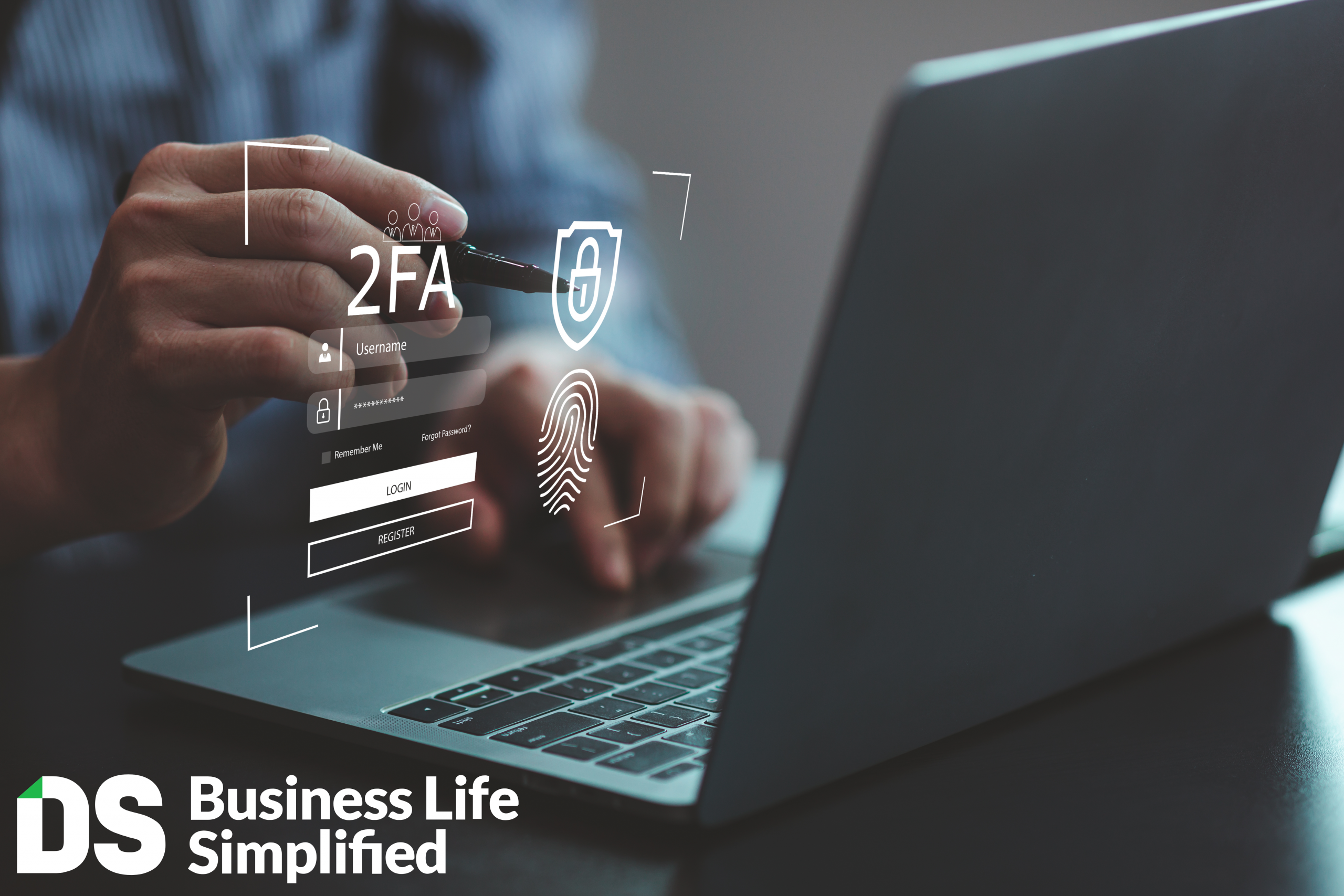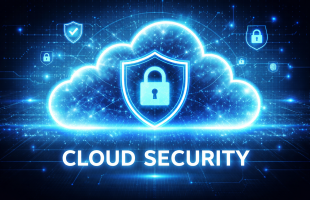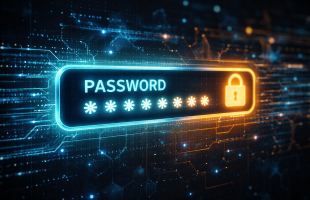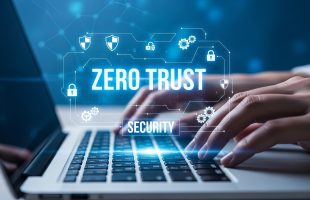
Passwords alone are no longer enough to protect today’s businesses. With cyberattacks on the rise and hackers using increasingly sophisticated methods, companies of all sizes are realizing that multi-factor authentication (MFA) is no longer a “nice-to-have,” it’s a necessity.
From small offices to large corporations, MFA has become one of the most effective ways to secure sensitive data, prevent unauthorized access, and meet compliance requirements. If your business hasn’t implemented it yet, here’s why waiting could put your organization at serious risk.
The Growing Threat Landscape for Businesses
Every day, businesses face phishing attempts, credential theft, and brute-force password attacks. Hackers know that many employees reuse passwords or choose weak ones, making login credentials the easiest way into a company’s systems.
-Lots of data breaches involve weak or stolen passwords.
– Cybercriminals now use AI-powered tools to guess or crack passwords in seconds.
– Small and mid-sized businesses are increasingly targeted because they often lack advanced defenses.
Without MFA, one compromised password can open the door to your entire business network.
What Is Multi-Factor Authentication (MFA)?
MFA requires users to provide two or more forms of verification before accessing accounts or systems. Instead of relying only on a password, MFA may include:
- A code sent to a mobile device or authenticator app
- A biometric factor such as a fingerprint or facial recognition
- A hardware token or smart card
By requiring multiple layers of proof, MFA makes it nearly impossible for attackers to gain access, even if they steal an employee’s password.
Why MFA Is Now Essential for Businesses
- Compliance Requirements
Many industries, including healthcare, finance, and legal services, require MFA under regulations like HIPAA, PCI DSS, and GDPR. Failing to adopt MFA can leave your business exposed to fines and audits. - Remote and Hybrid Work
With more employees logging in from home or public Wi-Fi, MFA ensures secure access to business applications and cloud systems. - Protecting Sensitive Data
From client information to financial records, your data is too valuable to leave vulnerable. MFA adds a critical barrier against unauthorized access. - Affordable, Scalable Protection
Many MFA solutions integrate easily with existing systems like Microsoft 365, Google Workspace, and VPNs, making them cost-effective for businesses of all sizes.
Top 5 Benefits of MFA:
-
Prevents unauthorized access
-
Reduces phishing and password-related breaches
-
Strengthens cyber insurance compliance
-
Protects hybrid and remote teams
-
Provides peace of mind for business owners
The Cost of Ignoring MFA
Businesses that skip MFA face higher risks of:
- Data breaches costing hundreds of thousands of dollars
- Downtime from ransomware or system lockouts
- Reputational damage when clients lose trust in your ability to safeguard their information
- Insurance challenges as cyber insurers increasingly require MFA for coverage
The reality is clear: implementing MFA costs far less than recovering from a breach.
How to Implement MFA in Your Business
Getting started with MFA doesn’t have to be complicated. A Managed IT partner can help you:
- Choose the right MFA solution for your industry and size
- Integrate MFA with your cloud and on-premise systems
- Train employees on best practices for secure logins
- Monitor and maintain your authentication systems for long-term security
Conclusion: MFA Is the Standard, Not the Exception
Cybersecurity threats aren’t slowing down, and relying on passwords alone is no longer enough. Multi-factor authentication is now the gold standard for protecting business data, securing remote workforces, and staying compliant.
By adopting MFA today, you’ll safeguard your company against evolving threats and build stronger trust with your clients and employees. Learn more from the Document Solutions IT team or call (908) 653-0600 option #4 today!




